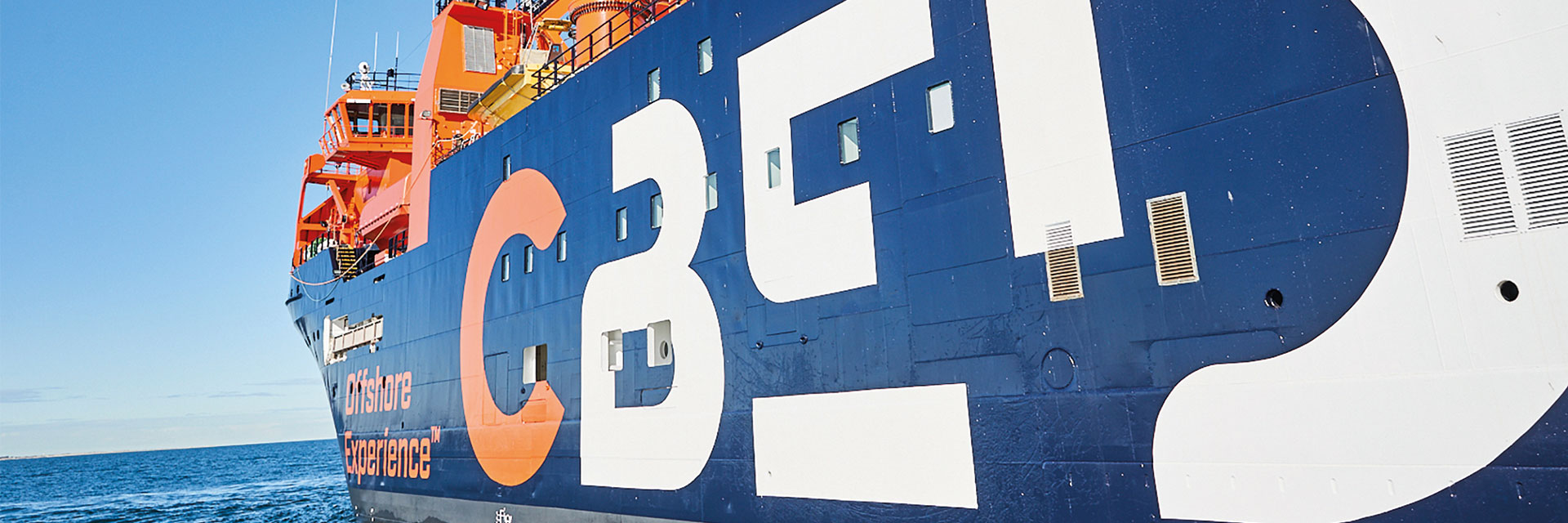
Offshore wind service provider CBED recently received some very encouraging news on energy saving investments on board their walk-to-work SOV, Wind Innovation.
In an interview with PES Magazine, General Manager for CBED, Daniel Alon, shares his insights on the process of reducing the environmental impact of CBED’s offshore operations. Read the interview here.
When did energy efficiency become a CBED focus?
“CBED has been working with energy management for many years and recently received new comforting data showing that it is possible to significantly bring down energy consumption within a short time frame.
CBED was a pioneer in this industry back in 2008, and reducing our environmental impact has always been an important area for us and the industry.
The energy efficiency agenda has truly gained pace and we have stepped up our accordingly. In 2014, we began operating an Integrated Management System in line with ISO 14001 and ISO 50001 standards.
Normally, the ISO 50001 Energy Management framework applies mostly to onshore facilities, simply because it requires quite a lot of extra efforts to comply with the requirements offshore, but we needed a framework that would enable us to achieve our commitments in a structured way. For instance, this framework includes year-on-year improvements in the environment and energy performance on board our vessel, Wind Innovation,” says Daniel.
How did this recent energy project initiate and what have you been focusing on?
“We are continuously measuring our resource consumption to identify areas of improvement on board Wind Innovation.
Back in early 2019, we were going through some raw data and discovered that both cooling pumps for main auxiliary engines and on board ventilation could be improved.
Not too long after that, we started discussions with one of our technical partners, Danish founded DESMI, on various concrete solutions. This resulted in two new projects to heighten our energy performance. We then started working on the frequency converters in May 2019 and the move on to the ventilation system in October 2020.
Today, we are seeing some very encouraging results on our continual improvements under the ISO 50001 standard.
By installing DESMI FQ converters on the main generator cooling pumps and engine room ventilation, we are now recording daily average savings of 1,748 kWh. In a year, this corresponds to the annual energy consumption of 171 average UK households.
In fact, these energy savings exceeded our expectations and ended up removing 5% of our total energy consumption on board Wind Innovation. Of course this also left a significant improvement on the initial return of investment calculations we did, so we are just extremely pleased with the decisions made and the archived results,” Daniel continues.
